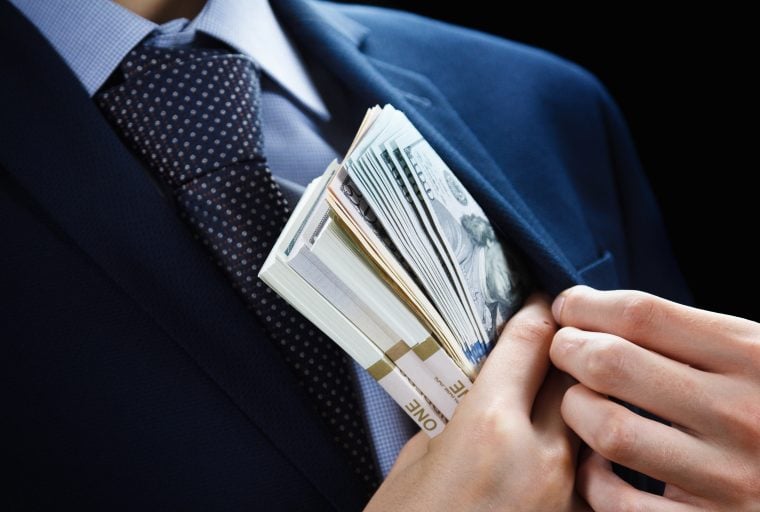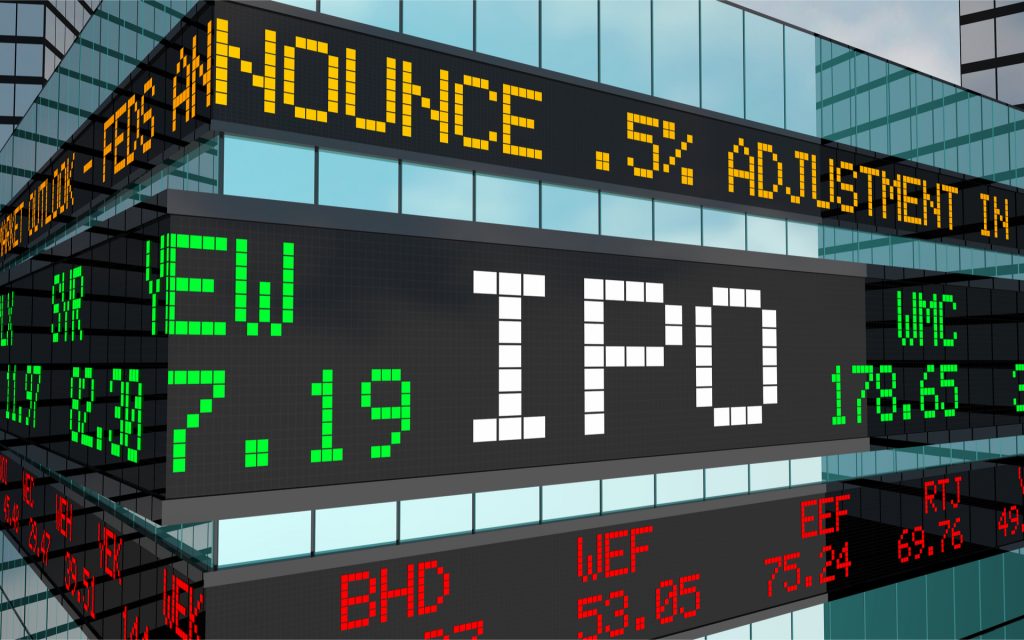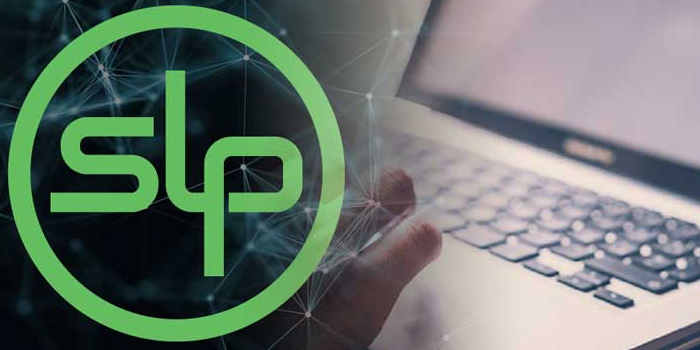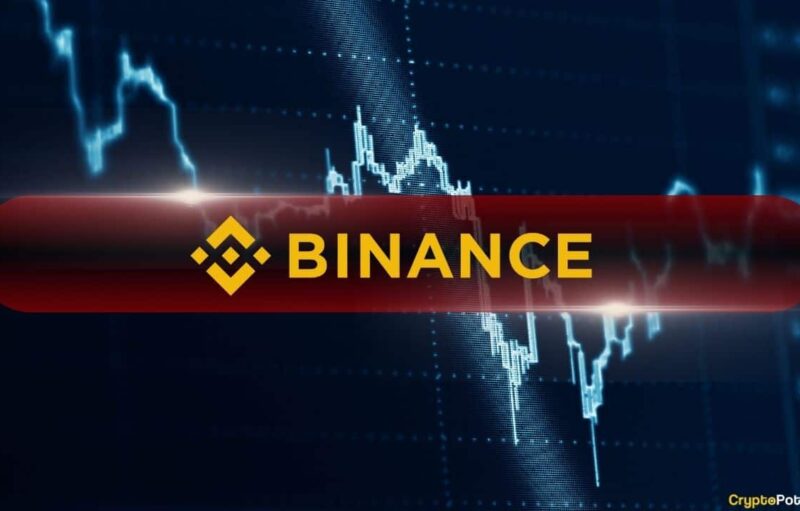
Many Initial Coin Offerings (ICOs) have been and are frauds. The state enables this con game in various ways, including the establishment of accredited investors and the regulation of businesses that sell equity. Shut off from the most lucrative aspects of investment, average people rush into the few sources of profit still available to them. ICOs are a prime example of how state interference in the market increases the risks of doing business.
Also read: Don’t Blame China: Why BTC Still Can’t Compete With Fiat
Where There’s Money, There’s Fraud
Some degree of theft and fraud will always be present wherever there is money. The free market dramatically reduces those risks, however, as deregulation and securitization illustrate.
The golden days of ICOs are over, largely due to an understandable loss of public trust. This is a shame because ICOs serve a valid function. They raise funds by offering cryptocurrencies, called tokens, that are future claims on the profit of a startup project. Investors buy the bargain-priced tokens with fiat or another crypto, and the start up acquires capital. If the project is successful, then early investors reap huge profits. ICOs are also attractive because they are unregulated and sidestep red tape.
To attract investors, ICOs often require nothing more than the publication of a whitepaper. Unfortunately, the ease of entry coupled with the fact that ICOs are often based on paper promises attracts scammers. A startup can surround a token offering with so much hype that investors plunge in out of FOMO (Fear of Missing Out). A common peril is “pump and dump” by which tokens are artificially inflated by scammers who buy low and sell high; after this, the price collapses and average investors lose.
There are common-sense methods of identifying a solid ICO—the reputations of the programmers and others involved, for example. Recommendations from respected figures in the crypto community add assurance, as well. Due diligence does not mean start ups are risk free, but it does dramatically decrease the odds of falling for a con.
By contrast, the state dramatically increases those odds.

What Is an Accredited Investor?
A key problem is the legal category of accredited investors, which was supposedly created to protect the average person from being a fool with his money. In reality, it is a statist con game by which investment privileges are handed to the rich and professional traders so they can become richer while the average person cannot. After all, if anyone can join, then it is not an elite club.
Regulations severely restrict the ability of average people to invest traditionally in high-risk ventures, especially startups. The elites who enjoy these opportunities are called “accredited investors.” The requirements to become an accredited investor vary slightly from country to country, but they are basically the same. The U.S. Securities and Exchange Commission (SEC) is typical in offering one of three ways to qualify: The individual (or entity) must have an annual income of $200,000 or a joint one of $300,000; they must have a net worth of over $1 million; or they must be a general partner, executive officer, or in business with or a family member of whomever is issuing the security.
The rich have almost exclusive access to one of the few remaining lucrative opportunities: startups. Accredited investors can see returns of far over 100% when a successful venture goes IPO (Initial Public Offering). The state justifies excluding average people on the grounds that they are too financially stupid and must be “protected.” Of course, the word most often used is “unsophisticated”; it means “stupid.” And, so, the average person is restricted to mutual funds and other low-return vehicles that are said to be safe. This is “passive investing” because control is vested in trusted third parties—strangers who allegedly place the interests of clients over their own and never embezzle, mismanage, or commit fraud. Or so the story goes.

Protecting the Poor or Preserving the Rich?
Low-return institutional investments have flourished because of regulatory advantages. The SEC Act of 1933 “allows issuers … to issue securities that will be traded only among qualified institutional buyers without having to fully register the securities.” Average people can legally invest in companies through state-approved trusted third parties that enjoy huge privileges. Whether the investments rise or fall, the institutions skim off a cut of money. Meanwhile, they notify the state of every dollar earned or transferred so that it can skim off an even more sizable cut. There is nothing wrong with institutional investments, of course, if they compete on an open market with other opportunities. The current system is a rigged game but it is a way for average people to play at all.
The claim of protecting the poor through regulation is absurd. It rests on equating wealth with wisdom even though many roads to riches require no financial savvy. They include political connections, inheritance, theft, fraud, legal privilege, blackmail, and counterfeiting. The claim of protection also assumes that startups are more volatile or dishonest than the traditional stock market. Even worse, accredited investor regulations prevent average people from pooling their money to invest. In fact, the claim of protection is more than absurd – it is the opposite of what is true. Those with limited wealth are the ones most careful in how they use it; the state and corporations are the vultures and fools when it comes to the money of others.

Check Your Investor Privilege
Accredited investors enjoy other, less publicized privileges. A blogger on the U.S. site “Her Every Cent Counts” describes one:
I recently worked for a startup that was sold to a large company that has since went public. While I did not own a large number of stock options (2000), I was not eligible to transfer my shares to shares of the acquiring company because I was not an accredited investor. Instead, I had to sell my shares for $3 a share, netting a profit of $5k. This was a nice bonus, for sure, but had I been able to convert my handful of shares into the now-public company’s shares, I would have netted approximately $52k.
Accredited investors hurt honest startups that must comply with expensive state requirements to raise capital. They hurt average people who are shut out of financial opportunities for being too stupid to spend their own money according to their own judgment.
The limitations also stoke a pent-up demand within average people for the same opportunities enjoyed by the elite. They create a demand for ICOs that mimic traditional startups but without entry barriers. Lacking alternatives and the ability to accumulate experience, people make rookie mistakes; some could be called “forced mistakes” because they result from the statist regulation of alternatives.
If the state wanted to protect average people, then it would allow all startups to function competitively so that reputation and rivalry could naturally narrow the field down to solid products and services. Instead, the state protects the elite.
What Is Securitization?
The SEC requires corporations and financial institutions to follow expensive and intrusive regulation in order to sell equities, which allows the state to further tax and regulate wealth. Securitization of crypto is the unregulated conversion of an asset into marketable securities in order to raise cash by selling them to investors.
A recent article by Kevin Bloom entitled “How Crypto Currency Will Save Western Civilization” opens optimistically: “Our culture and economy are doomed.” Bloom bases this conclusion on America’s “unfunded pension liabilities and debt somewhere North of $200 trillion, quite more than the Gross Domestic Product of the entire world … Eventually something awful is going to occur to the money, and by extension, to you.”
The awful is not inevitable. Crypto offers possible remedies, including ICOs. Bloom is not naïve about ICOs, however. He writes, “Ah, those heady days of ICOs! Risk? Ha! It was all risk. Companies were promising nothing, and delivering it in abundance. They’d take the money and vanish to Thailand, or someplace where your dollar was good for the most hookers and blow possible.” (Even securitized ICOs are not immune from this misconduct, of course.)

The Securitization of Crypto Assets
The practice of offering assets without equity or an enforceable obligation can be solved easily: remove all legal barriers, and let free-market competition sort wheat from chaff. This will not happen because it removes the state from the financial loop. But the securitization of crypto assets may still be possible. Bloom explains what it would look like on a very simplistic level:
For example, your house, land, or car would be an obvious asset—but what about the USE of your house, land, or car? You could issue a token and sell it, to represent the rental of your vehicle for a set number of hours or days, ditto with your land or car … Farmers can issue tokens based on their future crop yields. Artists have already sold percentages of their artwork, bands have sold upcoming music. Anything you can imagine will be sold in advance, to finance its production … Smart tokens will allow scheduled and recurring payments.
The currencies described by Bloom may be best viewed as proofs of principle rather than practical replacements for a widely accepted money. In another article entitled “Print Your Own Money At Home! 100% Legal!,” Bloom explains how a more practical securitized e-currency could function. “Waves is a particular type of cryptocurrency, and also a platform. Using the Waves desktop app, you can create your own token, and trade it for other tokens, such as Bitcoin, Ethereum, etc. and it only takes seconds.”
Bloom continues:
There is another cryptocurrency that uses one of the Bitcoin forks, SLP, promoted recently by Roger Ver. SLP stands for Simple Ledger Protocol, and it has a cool feature that lets you create dividends for your tokens. See SLP here. You can also download a free desktop exchange for SLP, just like Waves.
Bloom concludes, “I believe that the asset securitization business, with its trillions of euros currently invested, is ripe for tokenization … Finally, the problem of capitalizing new amazing projects might just be solved in 2019.”

Conclusion
The state controls the flow of money through schemes such as accredited investors and the severe regulation of equity offerings. These manipulations have badly distorted crypto markets by limiting investor alternatives and removing the context of competition. By contrast, the free market provides natural protections against fraud, including rating companies, reputation, and transparency. The state drives average people to the edges of the financial world in search of profit; the free market is an open door.
Bloom may be overly optimistic. “The blockchain securitization of assets will represent the free market at its very best. When all the money goes broke, you don’t have to.” Along with eliminating accredited investors, securitization is a good first step, however. The ultimate goal, of course, is to eliminate the state’s participation in finance altogether.
Op-ed disclaimer: This is an Op-ed article. The opinions expressed in this article are the author’s own. Bitcoin.com is not responsible for or liable for any content, accuracy or quality within the Op-ed article. Readers should do their own due diligence before taking any actions related to the content. Bitcoin.com is not responsible, directly or indirectly, for any damage or loss caused or alleged to be caused by or in connection with the use of or reliance on any information in this Op-ed article.
Images courtesy of Shutterstock.
Did you know you can verify any unconfirmed Bitcoin transaction with our Bitcoin Block Explorer tool? Simply complete a Bitcoin address search to view it on the blockchain. Plus, visit our Bitcoin Charts to see what’s happening in the industry.
Please enable JavaScript to view the comments powered by Disqus.
The post appeared first on Bitcoin News






